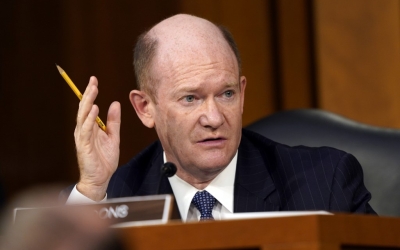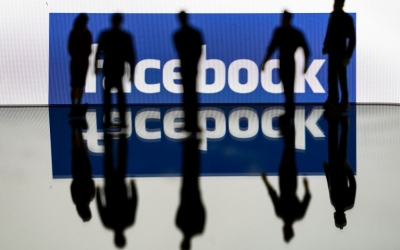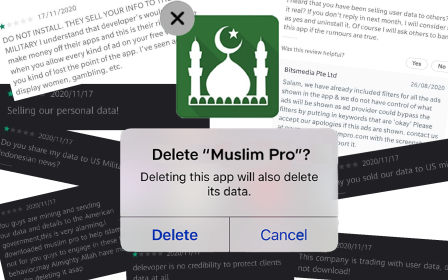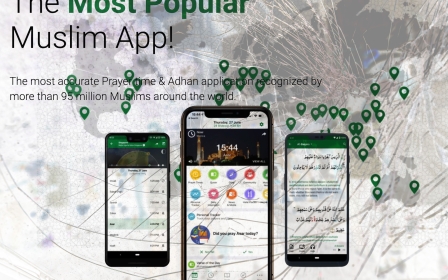US rights group demands government disclose user data purchased from Muslim Pro app

The American Civil Liberties Union (ACLU) filed a Freedom of Information Act (FOIA) request to the US government, demanding that it disclose all records regarding the military's acquisition of user data from a number of mobile applications, including a Muslim prayer app that had almost 100 million downloads worldwide.
The request, filed on Thursday, asks for all contracts, agreements and communication between the government and companies - including Babel and X-Mode - that were revealed to be selling user data dealing with access to mobile phone location data.
The filing also requested information regarding the "anonymization or de-anonymization of mobile phone location information" between a vendor and the government.
"These developments raise serious concerns about the scope of the Agencies' purchases, the Agencies' discriminatory focus on Muslims, and the warrantless acquisition and use of location information from people inside the United States," the ACLU said in its filing.
Vice's Motherboard revealed last month that the US military had purchased the location data of millions of Muslims around the world through the application Muslim Pro, which gives prayer times based on a user's location as well as the direction of the holy city of Mecca, towards which Muslims pray.
Muslim Pro denied that it sold its data to the military, but said it was cutting ties with all of its data partners, including the company X-Mode, which Motherboard said had sold user data to the military.
X-Mode told the technology website that the data was being used by the American military for a number of purposes, including "counter-terrorism, cybersecurity and predicting future COVID-19 hotspots".
Violating US Constitution
Forty-five days after the September 11 2001 attacks, the US Congress expeditiously passed the USA Patriot Act, which paved the way for the government to be able to monitor its citizens' personal data, including phone records, email correspondence, and bank records.
Increased surveillance of the civilian population in the US was done in the name of countering terrorism. However, the ACLU reported that the vast majority of data acquired did not lead to any terrorism convictions.
The rights group said the recent mobile phone data acquired by the US government is unconstitutional, as stated in a 2018 Supreme Court ruling that stated law enforcement agencies cannot acquire such information without issuing a search warrant.
Still, government officials have previously said that this ruling does not apply in cases like this, where the government is acquiring the data from commercial databases.
"In this case, the government is a commercial purchaser like anybody else," Paul Rosenzweig, a former DHS official, told the Wall Street Journal. "The government is just buying a widget."
Lawsuit against Muslim Pro
In the aftermath of Motherboard's report, many users have deleted the Muslim Pro application in protest, denouncing the app and saying they were shocked at the news. Many said they felt betrayed, as they began to search for alternatives in order to stay updated on their daily prayer times.
Muslim Pro has also been threatened by legal action from its users, including in the UK and France.
Last month, a London-based couple sent a letter to the application's company, asserting that it does not have a lawful basis for processing their personal data and that the couple did not consent to their data being shared with unspecified third parties.
While Muslim Pro had included in its data privacy agreement that it shares data with certain contractors, it did not list X-Mode, the company found to be selling data to the US military, among its partners.
"Of most concern, is that they certainly did not consent to their data being processed in a way that involves risks or its onward transmission to any third party with ultimate links to law enforcement and/or security agencies such as the US military," read a legal letter from the couple seen by Middle East Eye.
Middle East Eye propose une couverture et une analyse indépendantes et incomparables du Moyen-Orient, de l’Afrique du Nord et d’autres régions du monde. Pour en savoir plus sur la reprise de ce contenu et les frais qui s’appliquent, veuillez remplir ce formulaire [en anglais]. Pour en savoir plus sur MEE, cliquez ici [en anglais].






